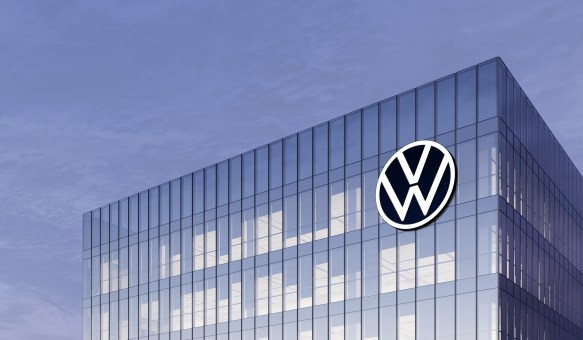During the first week of August, GEICO officially announced its shutdown of all California locations (Sacramento Bee). When the Sacramento Bee article was written, GEICO’s website listed some of the operating San Diego and Bay Area offices, but a week later, California was removed from the list of states to search for a local office. Not only are 2.18 million Californian GEICO customers affected, but hundreds of employees are left jobless. Why would the largest auto insurance company implement a mass in-person exodus from the most populated state in the country? This question and more are answered in this month’s topical post, with insight from Liability Insurance Expert and Experts.com Member, Ms. Jane Marie Downey, M.Ed, ARM.
GEICO is a private insurance company headquartered in Chevy Chase, Maryland. Since 1936, it has passed 17 million policies in force (active insurance policies) and has insured over 28 million vehicles (last checked in 2019) [GEICO]. GEICO has offered in-person services to consumers in every state until recently with the shutdown of locations in California. Former California Insurance Commissioner Dave Jones stated, “The benefits of having a physical location in California with actual offices and physical agents is that it’s easier for the Department of Insurance to make sure those individuals have a license and meet California’s very stringent standards – consumer protection standards for the sales of insurance,” (ABC10). From a customer perspective, visiting GEICO in person helps alleviate any miscommunication with agents and ensures they receive the correct coverage or assistance they need. Unfortunately, this is no longer an option for Golden State residents.
Corporations like Tesla and Oracle removing themselves from California has become a norm in recent years. In their new locations, they can now more cost-effectively serve their consumers. The following insight from Ms. Jane Marie Downey, M.Ed, ARM, and various news articles, explains GEICO’s California departure. According to Ms. Downey, “The cost of doing business in CA is high.” She also mentioned that the steep increase in personal injury and automobile liability insurance, “nuclear verdicts,” have made it difficult for insurance companies to price accurately. Verdicts can reach as high as $30 million or more. To add, “GEICO is owned by Warren Buffett’s Berkshire Hathaway, which reported a 53-percent drop in earnings for the first quarter of 2022. It reported earning $47 million in insurance underwriting in the first quarter of this year, compared to $764 million in the same quarter in 2021,” (The Epoch Times).
California’s state regulations seem to be the root of GEICO and other corporations’ removal from California or migration to another state. Steve Young, a lawyer for Independent Insurance Agents & Brokers of California, said, “There’s a very complicated insurance rating law that is in effect here that makes it very difficult for insurers to have confidence that they can get the rate that they need from an actuarial perspective to ride these risks going forward,” (ABC10). The article reported the agents were under a gag order, but one of them said GEICO had to lower costs on its own due to rate increase rejections by the Department of Insurance. Although it eradicated brick-and-mortar services to California customers, GEICO provides presently insured consumers with online options through its website and app. This might frustrate technologically unsavvy customers knowing in-person consulting is unavailable.
Customers are not the only party affected by this swift decision. Hundreds of owners and employees of all 38 GEICO offices in California experienced a massive layoff. These offices are independently owned, and the Sacramento Bee reported agents spent between $100,000 and $250,000 to open them. “Locally owned branch offices were told of the company’s decision in a two-minute zoom call,” (The Epoch Times). The same article explained one owner’s situation: he packed up his office after being open for a year and sought legal representation for the quick shutdown. There have not been any new articles on personal anecdotes or GEICO generally since the beginning of August. If further information is released, the blog will be updated.
Thank you to Ms. Jane Marie Downey, M.Ed, ARM, for contributing to this month’s blog post.







